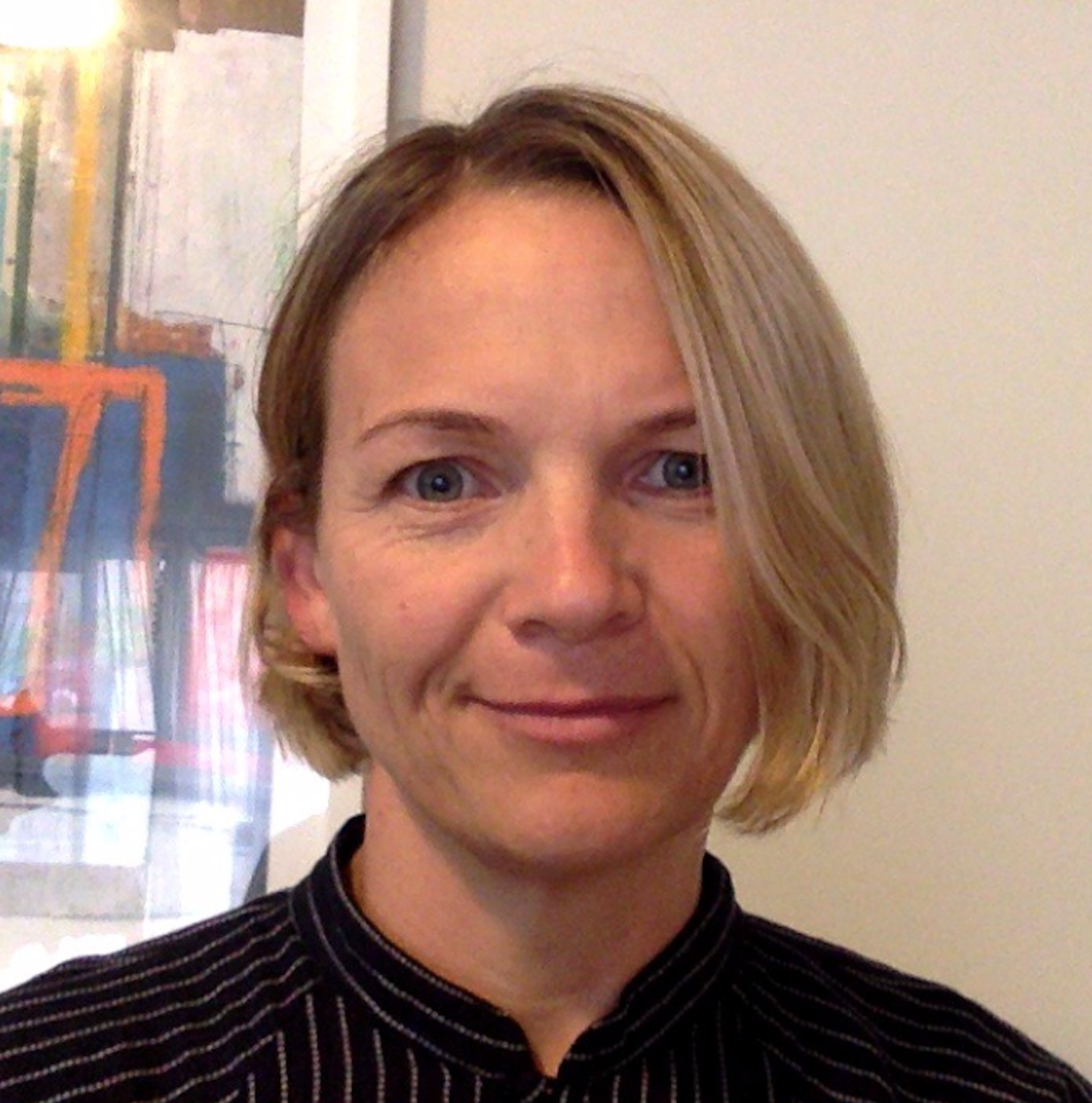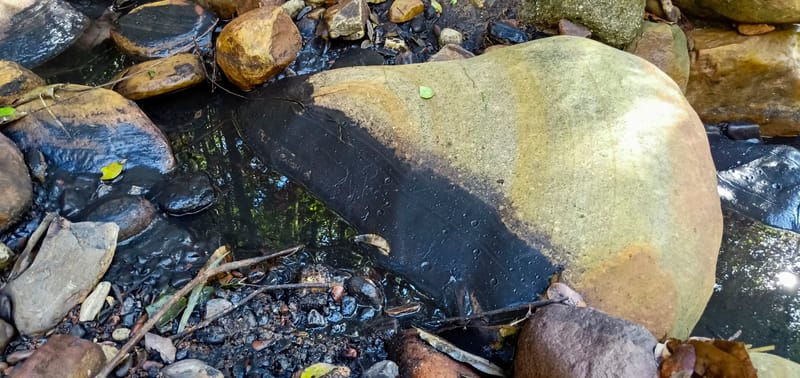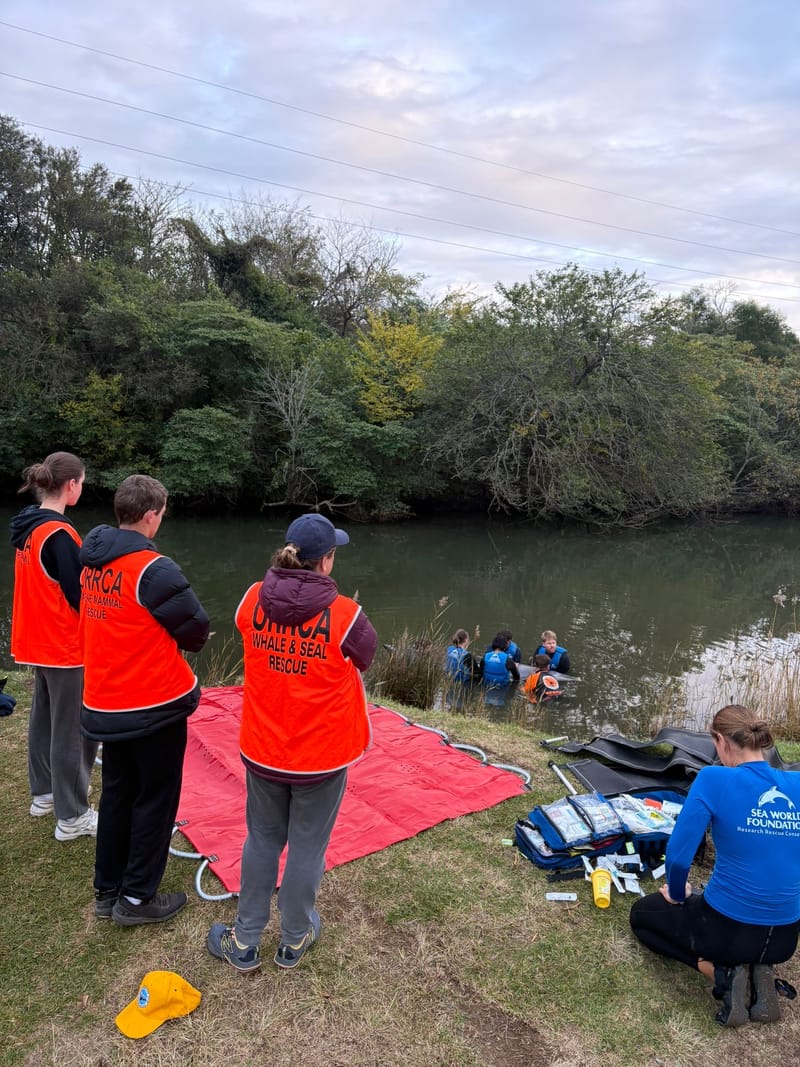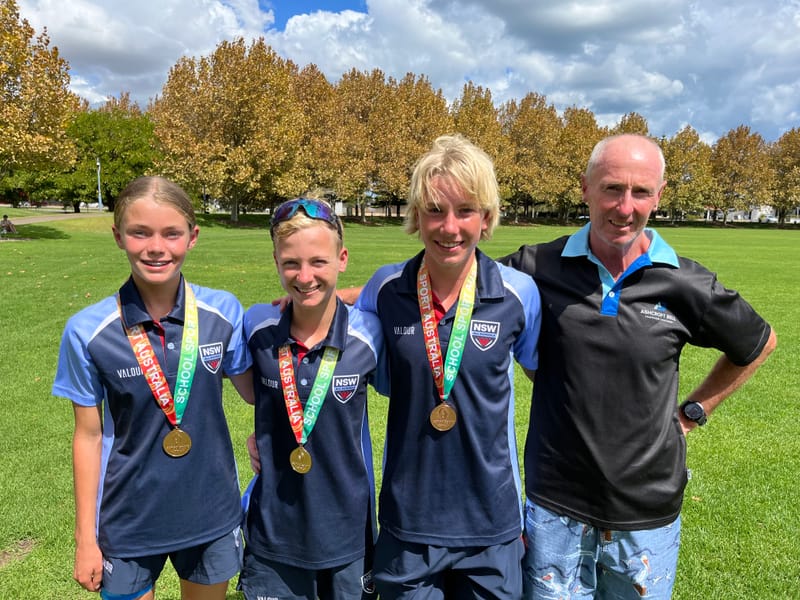Eat and enjoy: a dietitian's tips
It isn’t just about what you eat – it’s also about how you eat. Every day we are bombarded through the media, our social channels, friends and work colleagues offering new snippets of advice about what we must include and exclude from our...
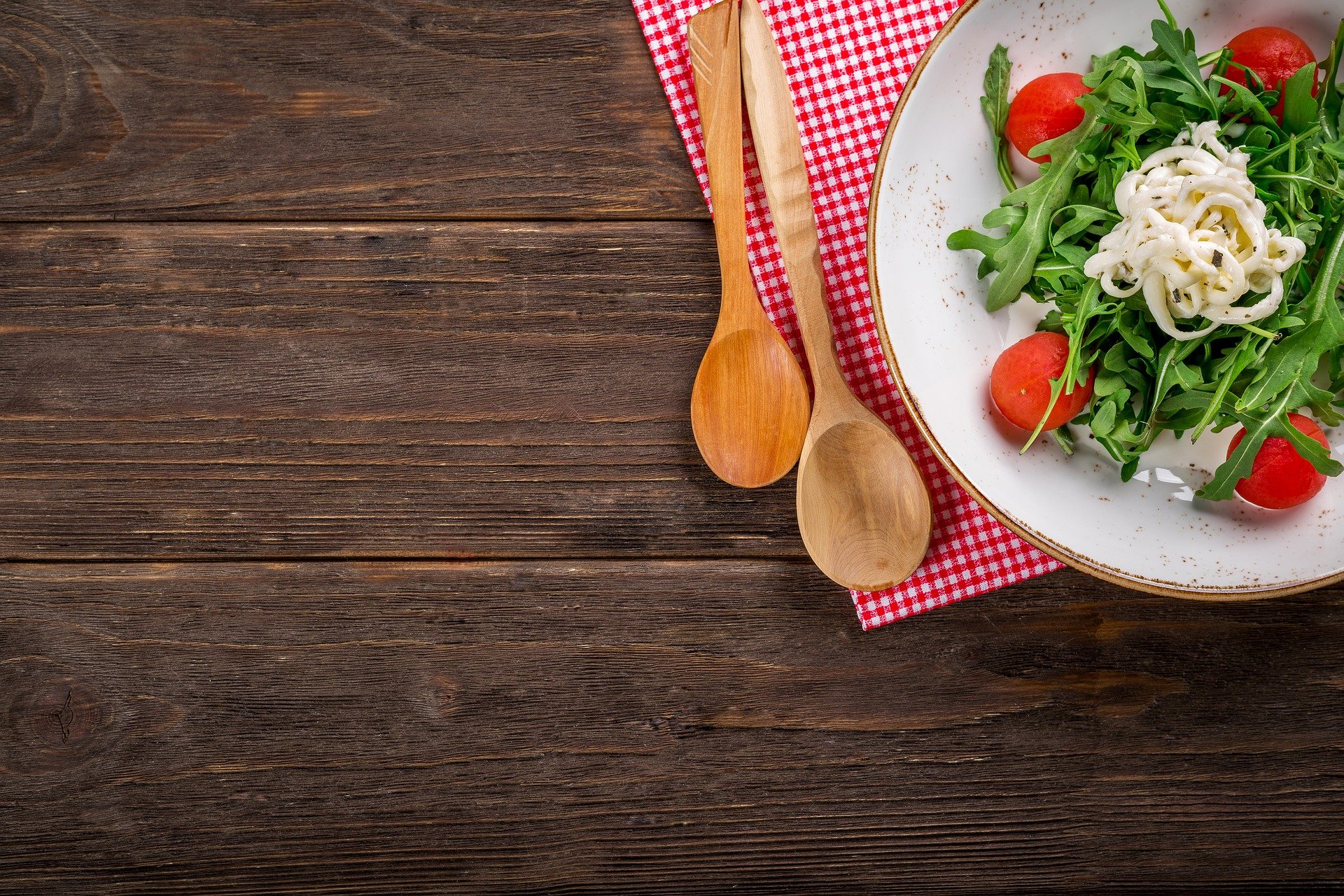
It isn’t just about what you eat – it’s also about how you eat.
Every day we are bombarded through the media, our social channels, friends and work colleagues offering new snippets of advice about what we must include and exclude from our diets in order to be ‘healthy’.
What might seem a simple process – eating – has today become an overly complex and often guilt-ridden experience.
Other than ensuring our oral intake is full of nutritious vegetables, some fruit, plenty of wholegrains, legumes, some dairy, meat and fish, the science is now also very much in favour of ‘how we eat’ being vitally important for our health and long-term wellbeing.
Eating should be a focused and enjoyable activity. Eating ‘on the go’ is detrimental to our health. How we eat also impacts our body’s ability to process and digest our food. As a result, ‘how we eat’ may have a positive or a negative effect on our body – poor absorption of nutrients, excess storage of fats, or an inability to recognise when we are full or even thirsty.
At your next meal try to replicate the below:
Set the table, sit down to eat
Put cutlery down between mouthfuls
Consider each mouthful, enjoy the colours, the flavours and textures it offers
Chew food until it is almost liquid
Pause to ask ‘Am I full?’, if you are even slightly full, it’s time to STOP.
Remember, chewing is the first phase of the digestive process. It is essential, allowing the body to prepare for food and begin releasing digestive enzymes in the mouth, stomach and from the pancreas, which are necessary for absorption and breakdown of nutrients. Over the years we develop habits that are not always beneficial.
So, slow down, chew and enjoy.

